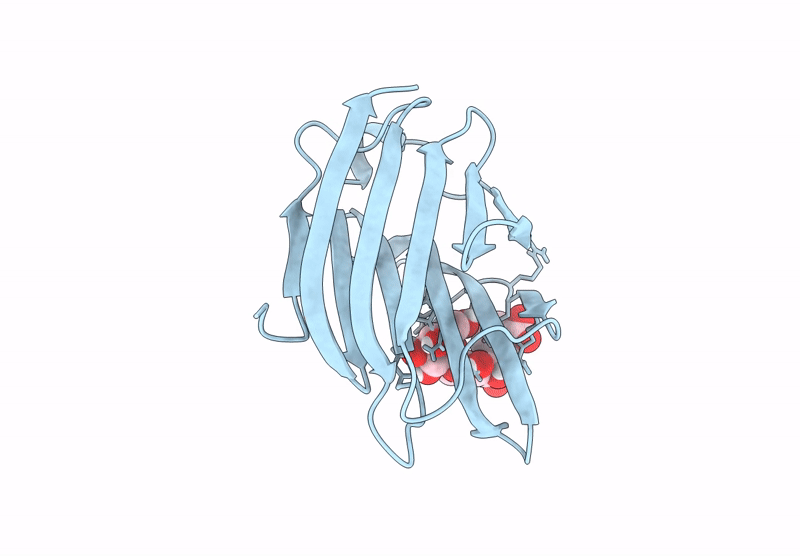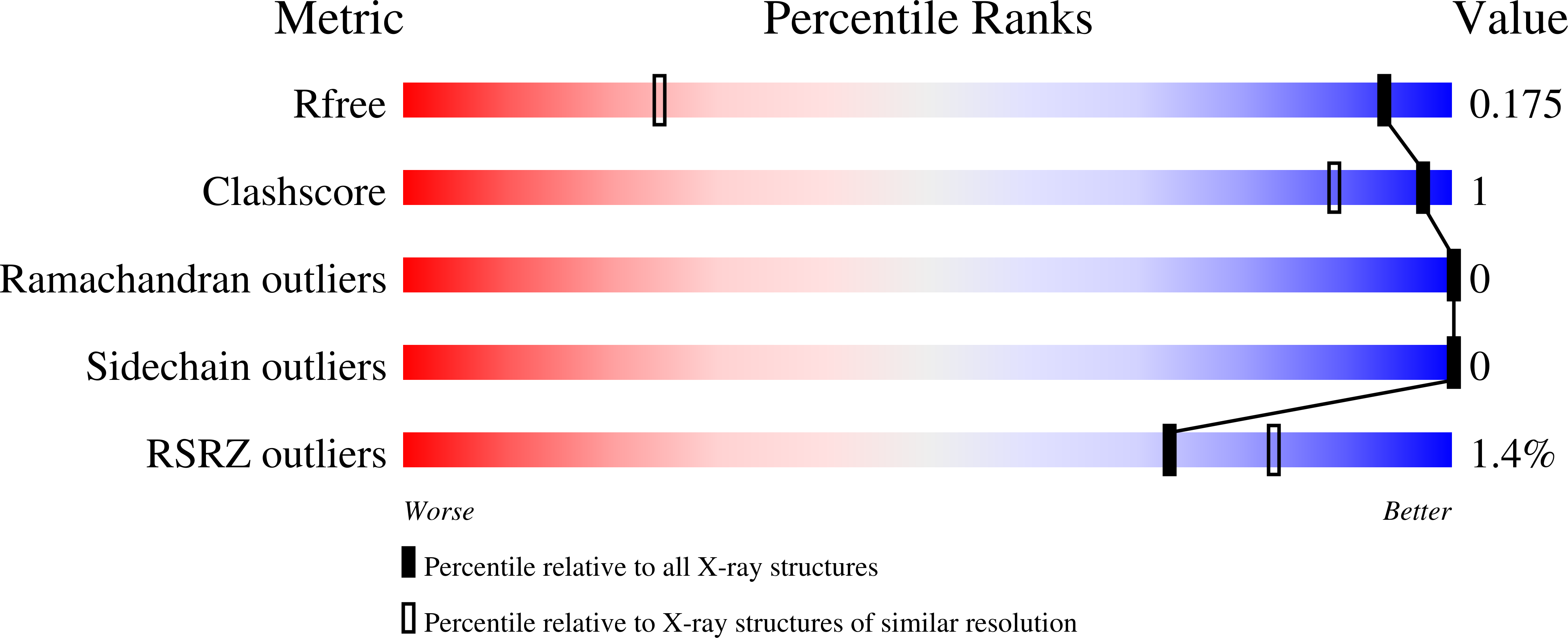
Deposition Date
2025-07-30
Release Date
2025-11-19
Last Version Date
2025-12-10
Entry Detail
PDB ID:
9S62
Keywords:
Title:
Galectin-3 in complex with N-[4-O-(beta-d-Galactopyranosyl)-beta-d-glucopyranosyl]-N-(3-carboxyphenyl)acetamide
Biological Source:
Source Organism(s):
Homo sapiens (Taxon ID: 9606)
Expression System(s):
Method Details:
Experimental Method:
Resolution:
1.06 Å
R-Value Free:
0.16
R-Value Work:
0.15
Space Group:
P 21 21 21


